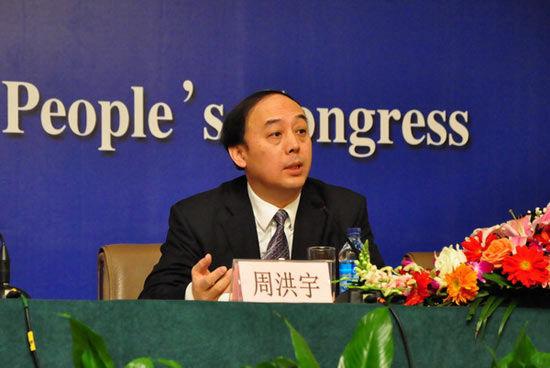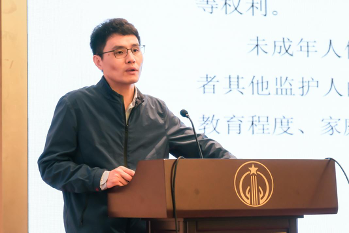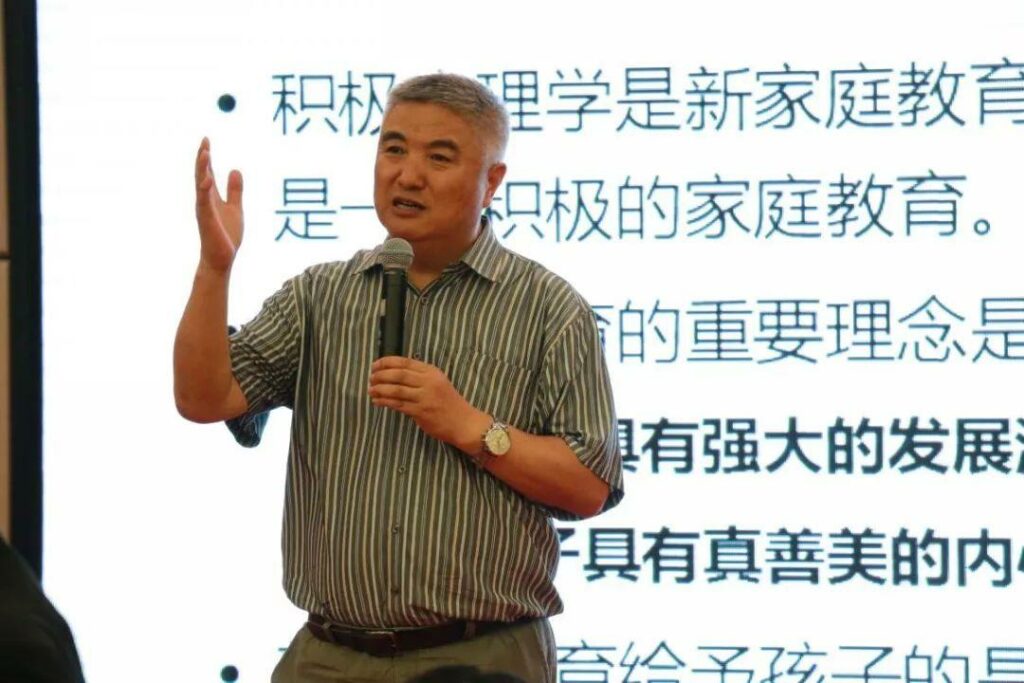On the 20th January 2021, the draft Family Education Law was submitted to the 25th session of the Standing Committee of the Thirteenth National People’s Congress for the first time.
Family education plays an extremely important role in the national education system, but there has been a long-standing vacancy of relevant laws and consequently many related problems have frequently appeared. The advocation for legislation from all walks of life have persisted for many years, and this call was finally answered.
The draft submitted for consideration is problem-oriented, offering guidance to parents or guardians, clarifies government responsibilities, and seeks to add another legal guarantee to the healthy development of minors.
The draft Law has 52 clauses, and can be summarised into 3 key areas:
- The basic principles of family education work are outlined. For example, the work should be benefitting the overall healthy development of minors; and family-school-social education work should closely integrated and coordinated.
- Parents and other guardians now have legal responsibility to carry out family education, and government, village committees, schools and other public bodies also have responsibilities and obligations in promotion family education.
- Family education intervention systems are prescribed. The situations and main measures of public security organs are clarified, and when the people’s courts can intervene in family education.
Legislation is urgent and provisions need to be refined: Professor Zhou Hongyu (right), a deputy to the National People’s Congress, submitted a bill on family education legislation to the third session of the Thirteenth National people’s Congress last year. He said that in recent years, the traditional family structure and function of China have undergone profound changes, and the problems of the absence of family education, the distortion of the concept of talent, the violent beating and so on have become increasingly prominent events that have occurred from time to time, which seriously threatens the legitimate rights and interests of minors and their healthy development. Therefore, the development of a problem-oriented Family Education Law to echo many structural problems, has “reached the point of urgency”

Local family education legislation is highly motivated. Chongqing as early as 2016 has promulgated the “Chongqing Family Education Promotion Ordinance”, since then many provinces have followed suit. According to the periodic law of legislation, national laws must be reviewed three times. For the next step, the draft must be accurately reflected, but also “needs to have some more specific, some detailed terms”.

Governments should do their part, and ordinary discipline, not domestic violence, should be carefully administered: Yuan Ningning, an associate professor at China University of Political Science and Law and executive deputy director of the Juvenile Affairs Administration and Legal Research Base, was deeply involved in the drafting of the draft Family Education Law. According to Yuan Ningning, based on the study of related cases, “birth but not raising” and “raising but not teaching” are two weak links in the guardianship of minors in families in China. The former issue is dealt with by the Protection of Minors Act, while the latter is awaiting correction from the Family Education Law. The Family Education Law has been drafted at several levels, including guardian duties, government duties and State intervention. The Law also clearly defines the situation of compulsory state intervention in family education.
The so-called “state intervention”, Yuan Ningning said, is to “draw the bottom line”, and it has two implications. First, while the autonomy of guardians is fully respected, people need to realise that “family education is not only the affairs of parents (guardians), but also the responsibility of the state in protecting and safeguarding rights”. Second, the Family Education Law will continue to emphasise that “no form of domestic violence may be committed”. Ordinary discipline and domestic violence “have essential difference”, discipline “need to be careful”, and the definition for the latter is “very strict”, because it is still “a mental, physical violation”.
The concept of life education calls for the focus of family education to return to life: “Family education involves a lot of problems, it is impossible to solve all problems through a law,” said Sun Yunxiao (right), chief expert of family education at China Youth Research Centre. “But some outstanding and fundamental problems must be solved by law.”
At present, a common problem of family education is that school-style knowledge education occupies the space of life education. “The things that the school and teachers should do, parents are running to do it, and the things that parents should do no one is doing it.” Life is the real support of family education, with essential attributes. “What children need most from their parents is the warmth of home.” Sun Yunxiao said, “So we have been calling for family education, to return to a better life.”

In the broad sense of family education, it contains “mutual influence and education among family members”. Sun Yunxiao mentioned the concept of “post-figurative cultural era”, that is, the younger generation who master new knowledge impart knowledge to their elders and feedback culture.
Legislation is a good opportunity for people to understand and pay attention to family education. If thousands of families work together to improve their educational atmosphere and ideas, “I believe we will usher in a better era of family education.”
(Sources: CNR news, www.cnr.cn)
You can also find an unofficial English translation of the draft Family Education Act here: https://www.chinalawtranslate.com/en/family-education-law-draft/

